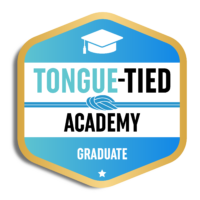Ankyloglossia, commonly known as a tongue tie, is a condition that limits the movement of the tongue. This is something that is present at birth, and it can require treatment from a trusted oral health professional. If your child has received a diagnosis of ankyloglossia, talk to our team at Crosspointe Dental & Orthodontics about your next steps.
What Is Ankyloglossia?
You know the connection between your tongue and the bottom of your mouth? That is called the lingual frenulum. Ankyloglossia happens when the lingual frenulum is abnormal, and this can happen because it is shorter or thicker than in most children.
Any diagnosis for your child can feel like a frightening thing, especially when you do not have all the information that you need. Tongue ties are no exception, and our team wants you to fully understand the condition.
How A Tongue Tie Can Affect Your Child
The tongue plays a pivotal role in your child’s oral health development. So, a diagnosis of ankyloglossia is something that needs to be taken seriously, and our team is here to help your little one.
Your child’s tongue provides pressure on the palate, which serves to shape the maxilla (upper jaw). It also pushes on the back of the front teeth, helping to create healthy orthodontic alignment. With a tongue tie, these may not happen as they should, which can lead to various issues with their dental development.




